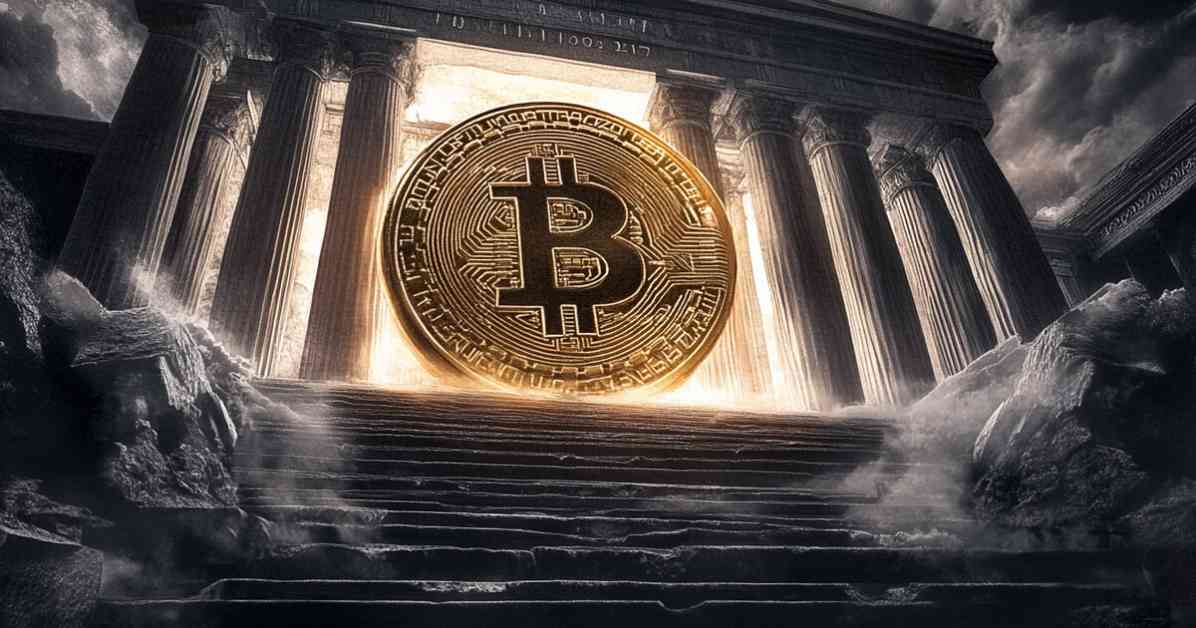Bitcoin is being considered as a potential strategic reserve asset for the United States, which could lead to enhanced monetary stability, geopolitical influence, and alignment with renewable energy initiatives. The Bitcoin Policy Institute (BPI) has released a report outlining the benefits of establishing a US Bitcoin reserve to strengthen the country’s economic position, counter adversaries, and promote democratic values in an increasingly digital world.
One of the key advantages of incorporating Bitcoin into the national reserves is the potential to reinforce monetary stability by adding a non-debt-based, limited asset to the mix. This would serve as a hedge against inflation and currency devaluation, complementing traditional reserves like gold. Additionally, in the face of escalating geopolitical tensions, a US Bitcoin reserve could help assert American leadership in global finance and counter China’s efforts to establish alternative digital financial systems.
Integrating Bitcoin mining with renewable energy sources could also align with US climate objectives. The flexible energy demand of mining operations could support grid stability and the generation of renewable power, offering a market-driven solution to energy challenges. Despite concerns about potential risks such as volatility and market manipulation, supporters argue that a Strategic Bitcoin Reserve would not be speculative but rather a strategic asset for economic resilience.
By demonstrating confidence in Bitcoin, the US could attract capital from a digitally savvy generation and strengthen global dollarization through Bitcoin-backed stablecoins. As digital finance continues to reshape the global economic landscape, the BPI believes that a Strategic Bitcoin Reserve could help the US fortify its financial system, uphold democratic values, and advance energy goals without undermining the dominance of the US dollar.

















